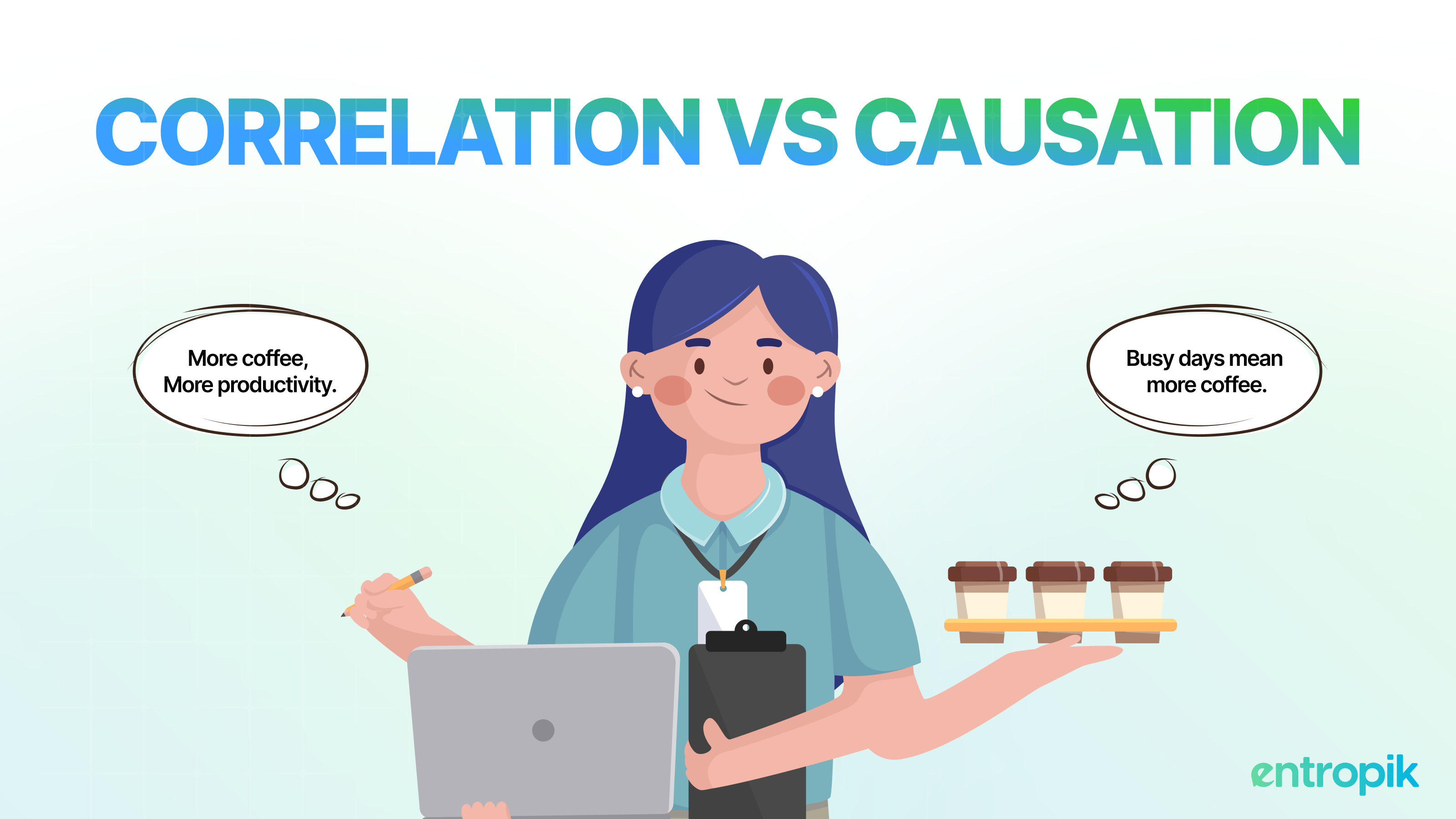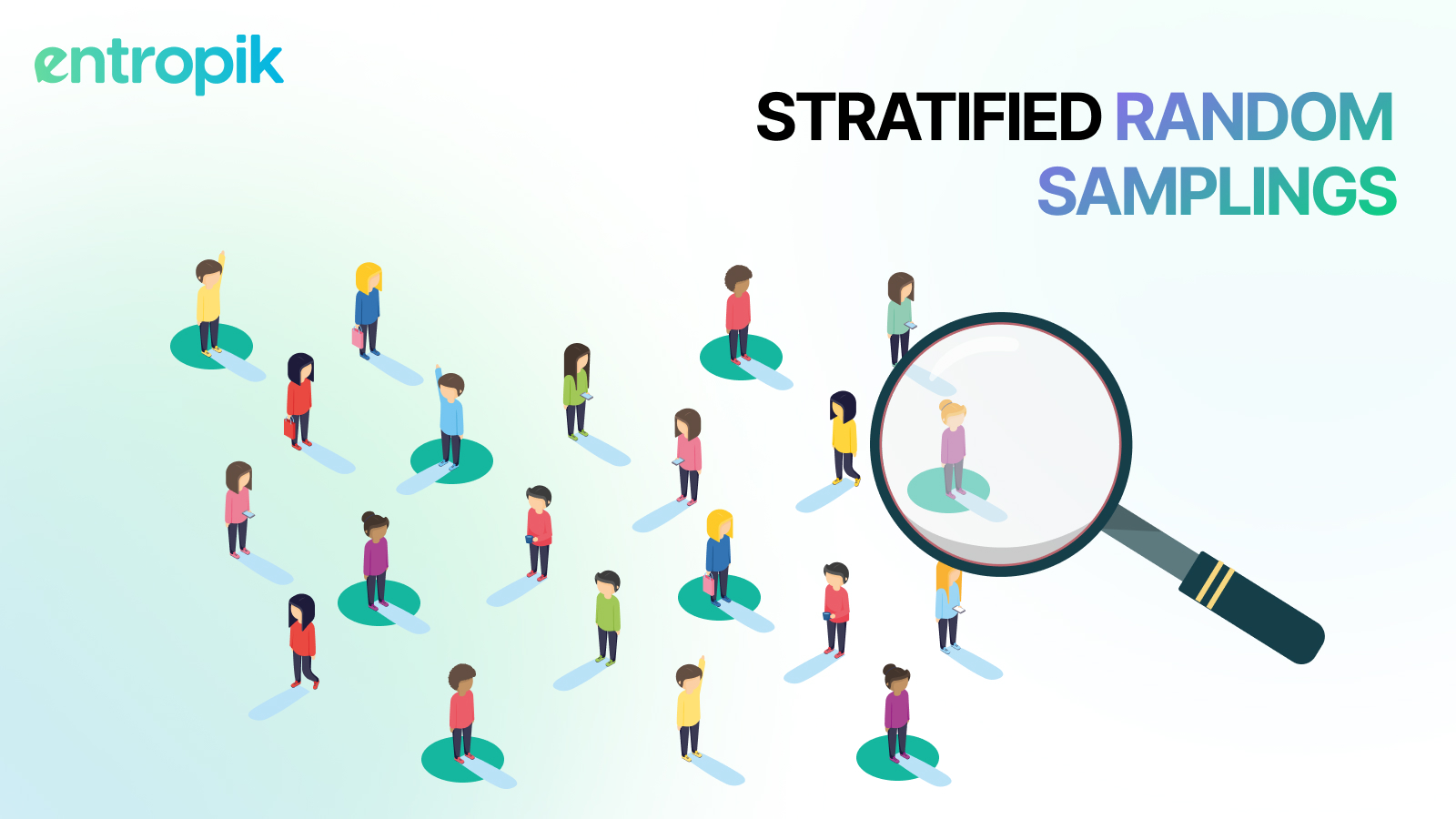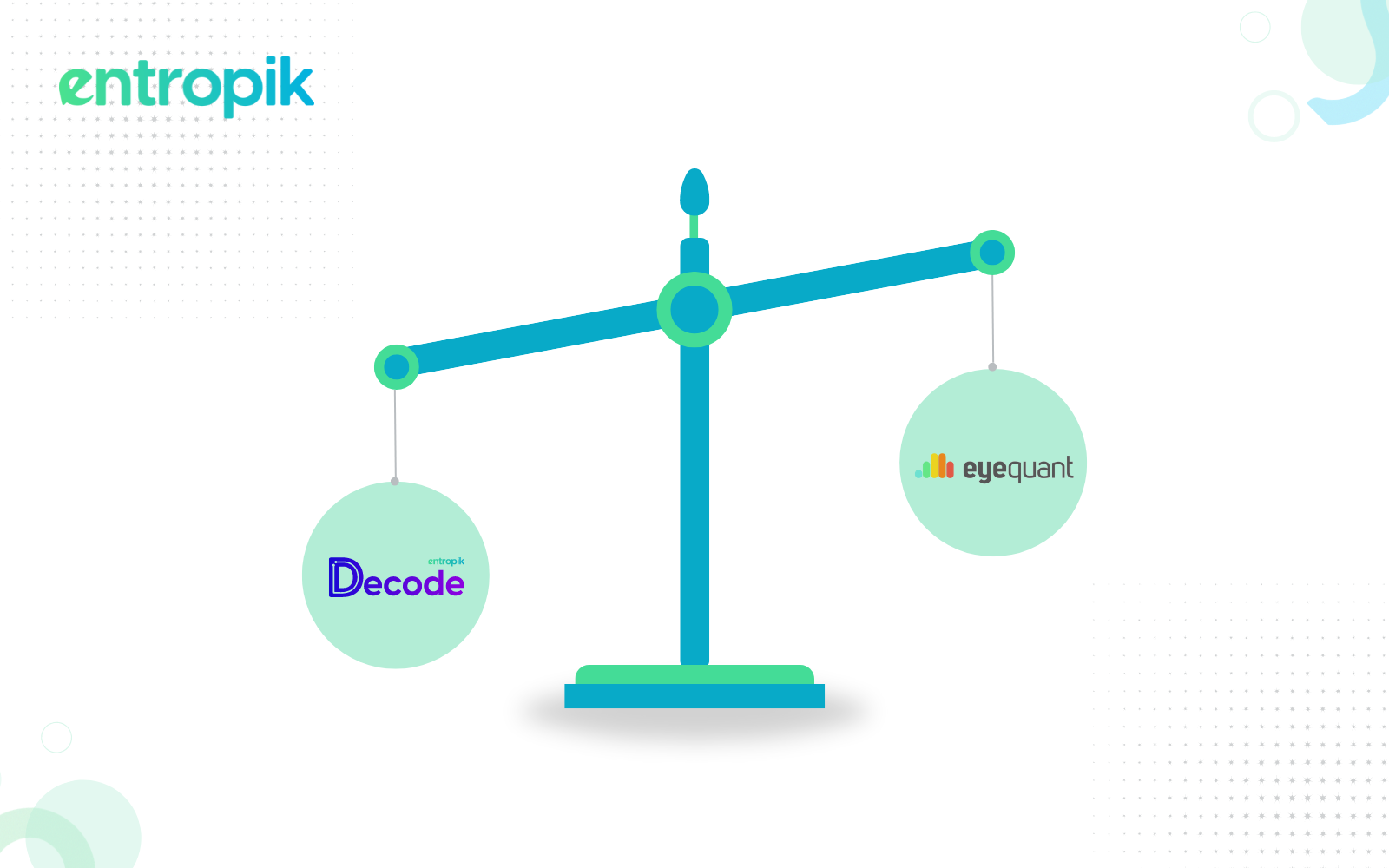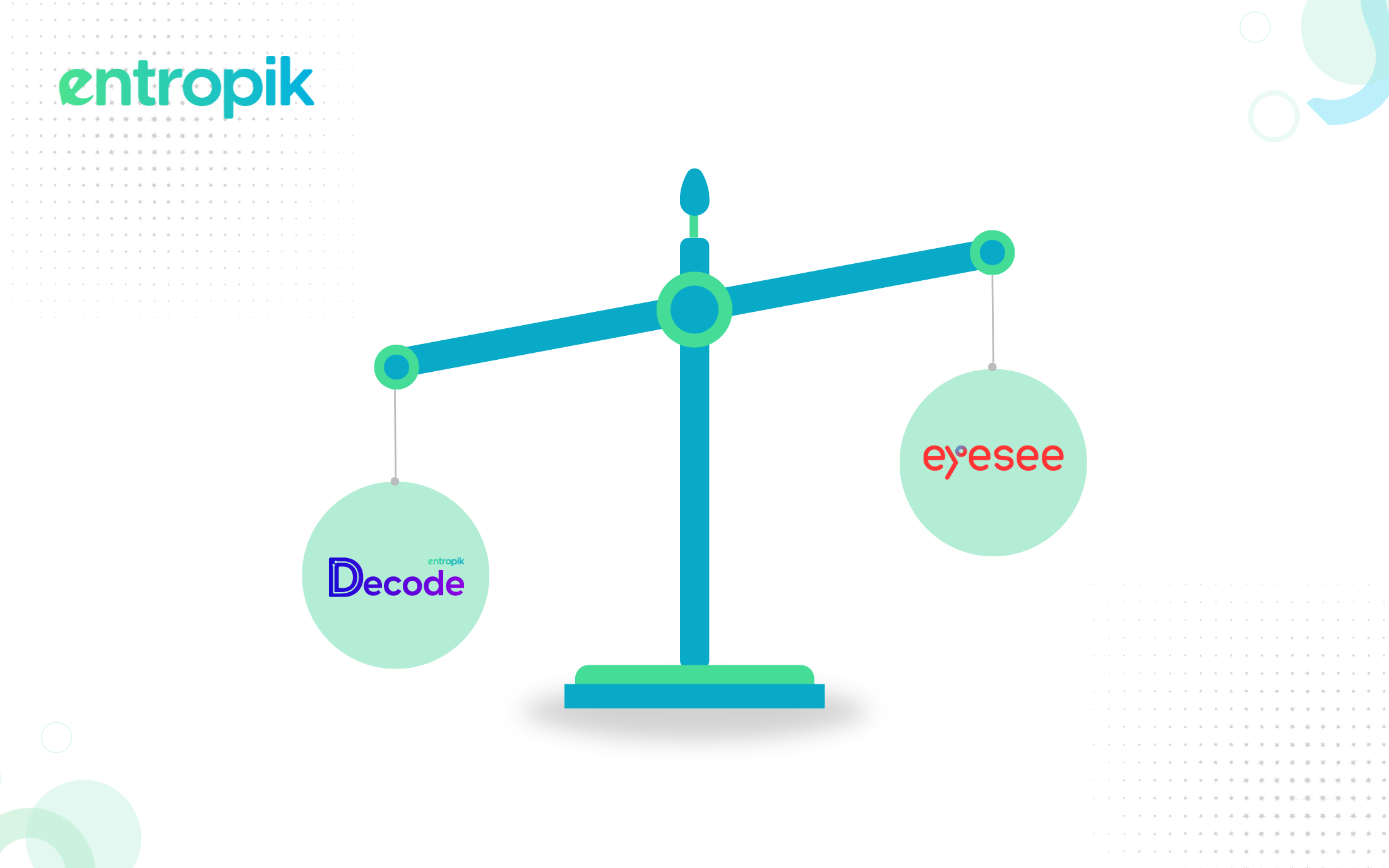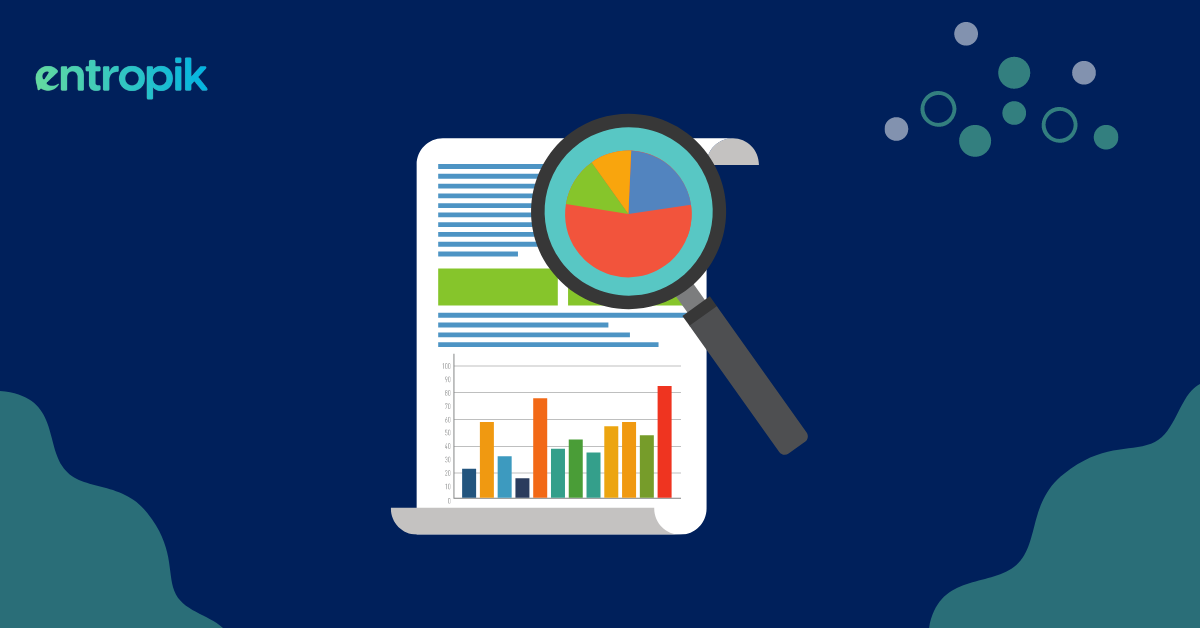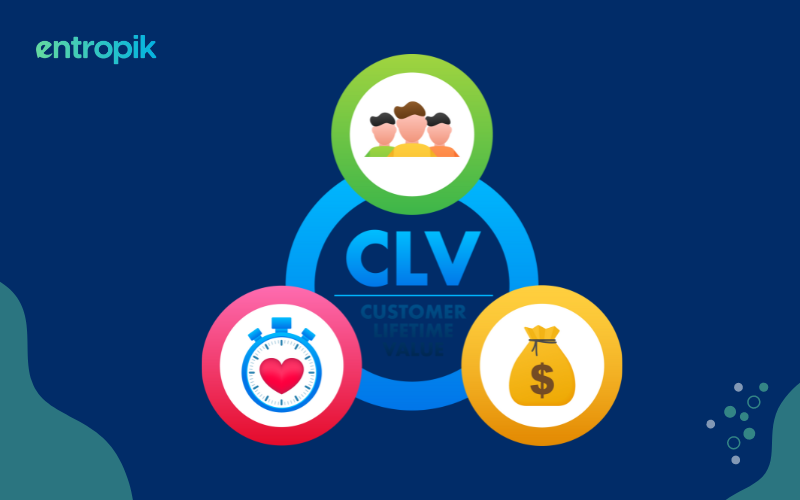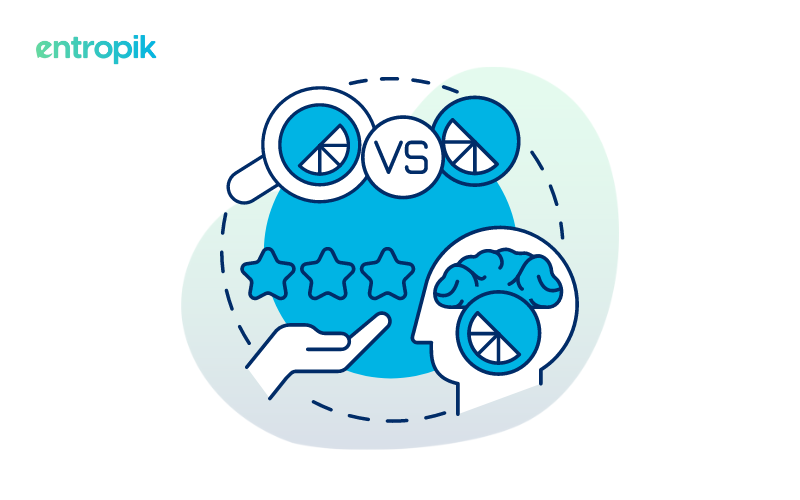Your brand is the single most important investment you can make in your business.
- Steve Forbes, Editor in Chief of Forbes Magazine
Creating a solid brand image and reputation and keeping an eye on how people see the brand can be a lot for a marketing professional. That's why many companies are looking to hire brand managers who are experts in making the brand stand out from the crowd, beat the competition, and make the business successful.
This blog provides a broad view of why brand managers are crucial for a company and how they use insights from consumer feedback to construct a brand.
Who is a Brand Manager?
Imagine a company that sells sports shoes. The brand manager for this company would be the person in charge of making sure everyone thinks positively about their sports shoes.
For instance, if the company wants to launch a new line of running shoes, the brand manager would plan how to make these shoes look attractive and high-quality. They might decide on a logo, colors, and a slogan that gives a positive and energetic vibe.
The head of a brand would also monitor what other shoe companies are doing and find ways to make their brand stand out. They might use consumer research and feedback to understand what people like or dislike about the current shoes and use that information to improve or highlight certain features.
Simply put, a brand manager cares for a company's brand. Currently, more than 8,714 brand managers are working in the United States, playing a crucial role when a company aims to create, strengthen, or manage how people perceive their brand.
The head of branding is involved in tasks like shaping the brand image, dealing with competition, and ensuring the brand is successful. They play a key role in building and maintaining a positive perception of the brand in customers' minds.
What Skills Are Required to Become a Successful Brand Manager?

Becoming a successful brand manager requires a combination of marketing, communication, and strategic thinking skills. Here are some of the few key skills you might need to acquire if you’re looking to enter this field:
1. Marketing knowledge
To be an effective brand manager, it's crucial to have a solid understanding of marketing principles and strategies. This includes identifying target audiences, analyzing market trends, and developing campaigns that resonate with consumers.
Additionally, a brand manager's expertise should extend to crafting and executing marketing campaigns that capture attention and resonate with consumers, creating a positive and lasting impact on the brand's image.
2. Communication skills
Clear and compelling communication is critical in brand management. A brand manager must be adept at expressing ideas both in writing and verbally. This skill is essential for crafting engaging brand messages and ensuring consistent communication across various channels.
Whether in written content or spoken communication, the ability to articulate ideas ensures a consistent and impactful brand message across diverse channels, contributing to a unified and memorable brand image.
3. Analytical skills
Analytical abilities are necessary for interpreting market data, consumer feedback, and competitor strategies. Brand managers use these insights to make informed decisions, measure the success of their initiatives, and adjust strategies accordingly.
Analyzing the success of initiatives and campaigns allows brand managers to measure their impact, identify areas for improvement, and make necessary adjustments to optimize future strategies. Analytical abilities play a key role in the strategic decision-making process, ensuring that brand managers adapt and refine their approaches based on data-driven insights.
4. Project management
Brand managers must be skilled in project management to oversee multiple initiatives and campaigns that are run simultaneously effectively. This includes setting and meeting deadlines, staying within budget constraints, and coordinating the efforts of various teams.
Proficiency in project management enables brand managers to navigate complex tasks, ensuring timelines are met, resources are utilized effectively, and cross-functional teams work cohesively toward common brand objectives. This skill set is integral to successfully executing multifaceted brand initiatives within specified timeframes and resource allocations.
5. Interpersonal skills
Building and maintaining relationships is crucial for brand managers. They interact with internal and external stakeholders, including colleagues, clients, and vendors. Strong interpersonal skills facilitate effective collaboration and help in managing relationships positively.
By adeptly navigating interactions with different parties, brand managers can enhance cooperation, align goals, and cultivate a network of supportive relationships that ultimately benefit the brand's overall success.
What Are the Types of Brand Managers?

Brand managers can have various specializations based on their organizational roles and responsibilities. Here are some types of brand managers and the specific expertise they possess:
1. Product brand manager
Focuses on managing and promoting specific products within a brand portfolio. Responsibilities include developing product strategies, conducting market research, and creating marketing campaigns to boost product visibility and sales.
2. Digital brand manager
Specializes in managing a brand's online presence and digital marketing strategies. This includes overseeing social media campaigns, online advertising, and website content to enhance brand visibility in the digital space.
3. Retail brand manager
Concentrates on the branding and marketing aspects specific to retail environments. This may involve managing in-store promotions, visual merchandising, and creating a positive customer experience to drive sales.
4. Social media brand manager
Concentrates specifically on managing a brand's presence on social media platforms. Creates engaging content, interacts with the online community, and leverages social media trends to enhance brand awareness and loyalty. The majority, or 86%, of shoppers, favor a genuine and truthful brand personality on social media.
5. Event brand manager
Specializes in planning and executing events to promote the brand. This includes organizing product launches, sponsorships, and experiential marketing events to connect with the target audience and create brand buzz.
{{cta-case}}
What Are the Responsibilities of a Brand Manager?
The major roles and responsibilities of a brand manager typically include:
1. Brand strategy development
Brand managers mainly develop and implement effective brand strategies aligned with business objectives. They also identify target audiences and create engagement plans.
By understanding the business goals and the target audience's preferences, brand managers can craft strategies that resonate with consumers and contribute to the achievement of broader organizational objectives. This dual focus on strategy development and audience engagement is essential for building a strong and successful brand presence in the market and this is specially taken care of by a brand development manager or a brand strategy manager.
2. Market Research
Conducting comprehensive market research to understand consumer trends, preferences, and competitor activities is also a crucial responsibility of a brand manager.
By staying attuned to market dynamics, brand managers can adapt strategies to meet evolving consumer needs and remain competitive in the marketplace. Therefore, comprehensive market research is an integral aspect of a brand manager's role in ensuring the brand's relevance and success in a dynamic business environment.
Brand managers have the opportunity to utilize Entropik's integrated consumer research platform for conducting comprehensive research. This platform empowers them to gather valuable data and derive actionable insights. By leveraging this tool, brand managers can make informed decisions and adjust their brand strategies based on real-time, consumer-centric information.
3. Budget management
Planning and managing budgets for brand-related initiatives and campaigns is also a part of a brand manager’s job. They also monitor expenses to ensure effective and efficient resource utilization.
Brand managers diligently monitor expenses to guarantee efficient resource utilization, ensuring that the budget aligns with the objectives of each initiative. This financial oversight is essential for maintaining cost-effectiveness and maximizing the impact of brand activities within the allocated budget constraints.
4. Competitor analysis
Brand managers conduct competitor analysis to stay informed about rival activities and market trends. Accordingly, they adjust brand strategies proactively to remain competitive in the market.
By understanding what competitors are doing and identifying emerging trends, brand managers can position their brand effectively, ensuring it remains competitive and responsive to market dynamics. This strategic adaptation is crucial for maintaining relevance and standing out in a dynamic and ever-evolving marketplace.
Final Words
The pivotal role of brand managers in a company cannot be overstated. They construct the brand's identity, ensuring that it resonates effectively with the target audience and aligns with broader business objectives.
By developing and implementing strategic plans, brand managers not only enhance brand visibility but also contribute to the overall growth and evolution of the business.
Their adeptness in market research and competitor analysis enables companies to stay agile in dynamic landscapes, making informed decisions to maintain competitiveness. By leveraging Decode, an integrated consumer research platform with Insights AI, brand managers can increase their research process by 6x and store all the past and current research data in Decode's research repository.
{{cta-button}}















.jpg)



